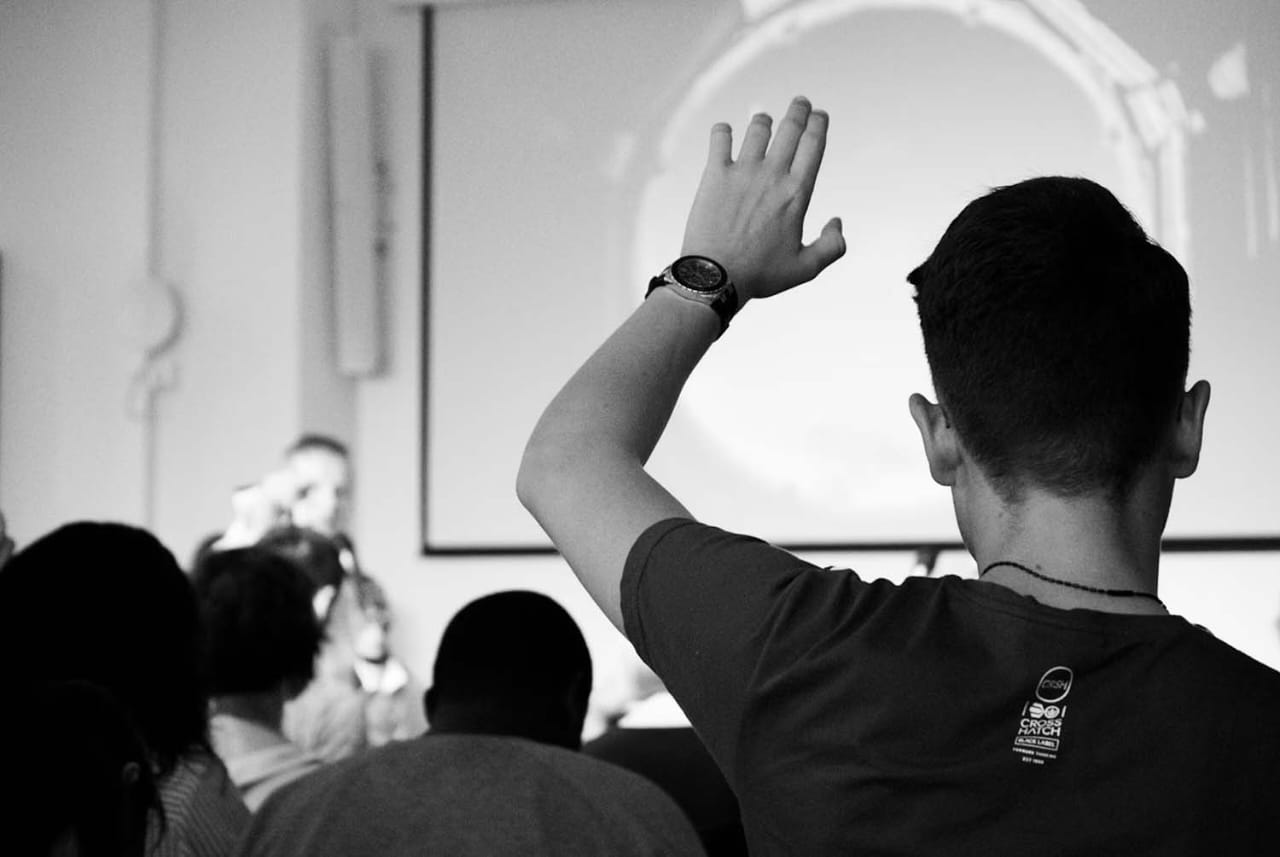At the second banquet hosted by Queen Esther, she finally expressed her long-held request: salvation for herself and her people. Esther chose to speak with great caution. Rather than directly accusing Haman, she first caught the king’s attention with a personal request, “O king, if I have found favor with the king and if it pleases the king, grant me my life, this is my request, and the lives of my people, this is my desire.” (v. 3). In this way, Esther got the king emotionally involved before revealing Haman’s identity as the mastermind behind the plan to exterminate the Jews. Esther’s courage came not only from herself, but also from her belief in God’s presence. From the beginning, she had fasted and prayed, surrendering the entire plan to God (Esther 4:16).
On the contrary, Haman became an example of how arrogance can bring disaster. Like a man who sows the wind and reaps the whirlwind, Haman, who had previously enjoyed a high position, now fell into a trap that he had set himself. In his panic, he fell before Esther, begging for mercy. However, at that very moment, the king returned to the room and witnessed Haman in a position that seemed to defame the queen. The king's anger reached its peak. In a short time, the order for Haman's punishment was issued. Ironically, he was hanged on the very pole that he had previously prepared for Mordecai.
Bible friends, this story teaches that true courage is born from dependence on God, not from our own strength or intelligence. Like Esther, we are invited to dare to step forward in the truth, even though we face great challenges, by relying on God's unfailing presence. On the contrary, arrogance and pride will only lead us to destruction, as experienced by Haman. Therefore, let us always live in the belief that God will accompany our every step.

























